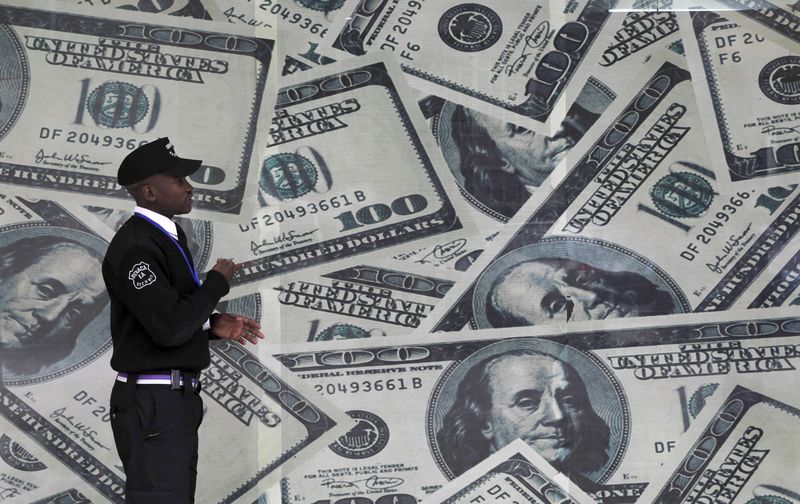Capital Economics Believes the Korean Won Rally is Temporary
Capital Economics analysts have expressed doubts about the sustainability of the recent rally in the Korean won. Although the currency has appreciated by about 1.4% against the US dollar this year, analysts forecast a reversal of the upward trend.
The won has shown resilience against a generally strong US dollar, experiencing a slight decline against it today. The performance of the currency has been particularly notable considering the relative yield changes that do not support the won.
While political turmoil in South Korea poses concerns for investors, the country's political institutions have withstood challenges and fears of widespread industrial unrest have not materialized. This stability is reflected in the 5.0% year-to-date increase of South Korea's main stock index, KOSPI.
However, the won has experienced a significant decline since the beginning of the fourth quarter of 2024 and has been the worst-performing currency among emerging market currencies since the short-lived martial law implemented in early December. Although resolving the political crisis could potentially lead to further rallies, Capital Economics remains skeptical.
Analysts argue that the won's weakness last year was largely attributed to weak macroeconomic data and unexpected monetary policy moves (such as the interest rate cut at the end of November followed by the central bank's dovish guidance), leading to significant changes in yield differentials.
They expect the Bank of Korea to pursue interest rate cuts more aggressively than investors currently anticipate in order to support economic growth and keep inflation low. They believe this situation will cause yield differentials to move further against the won.
Additionally, Capital Economics anticipates a depreciation of the Chinese renminbi in response to heavy tariffs from the US, forecasting downward pressure on the Korean won as a consequence. Historically, movements in the renminbi have had spillover effects on other Asian currencies, including the won.


